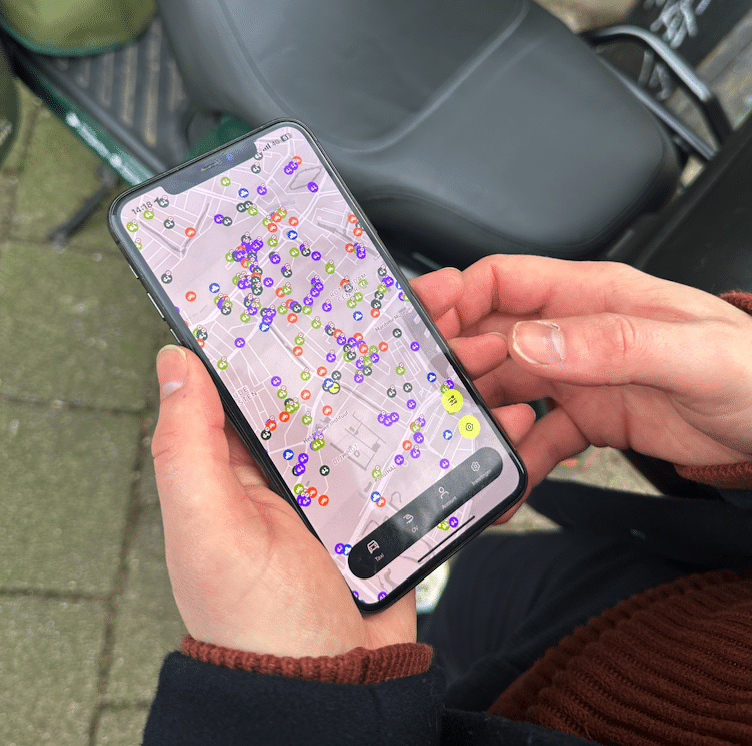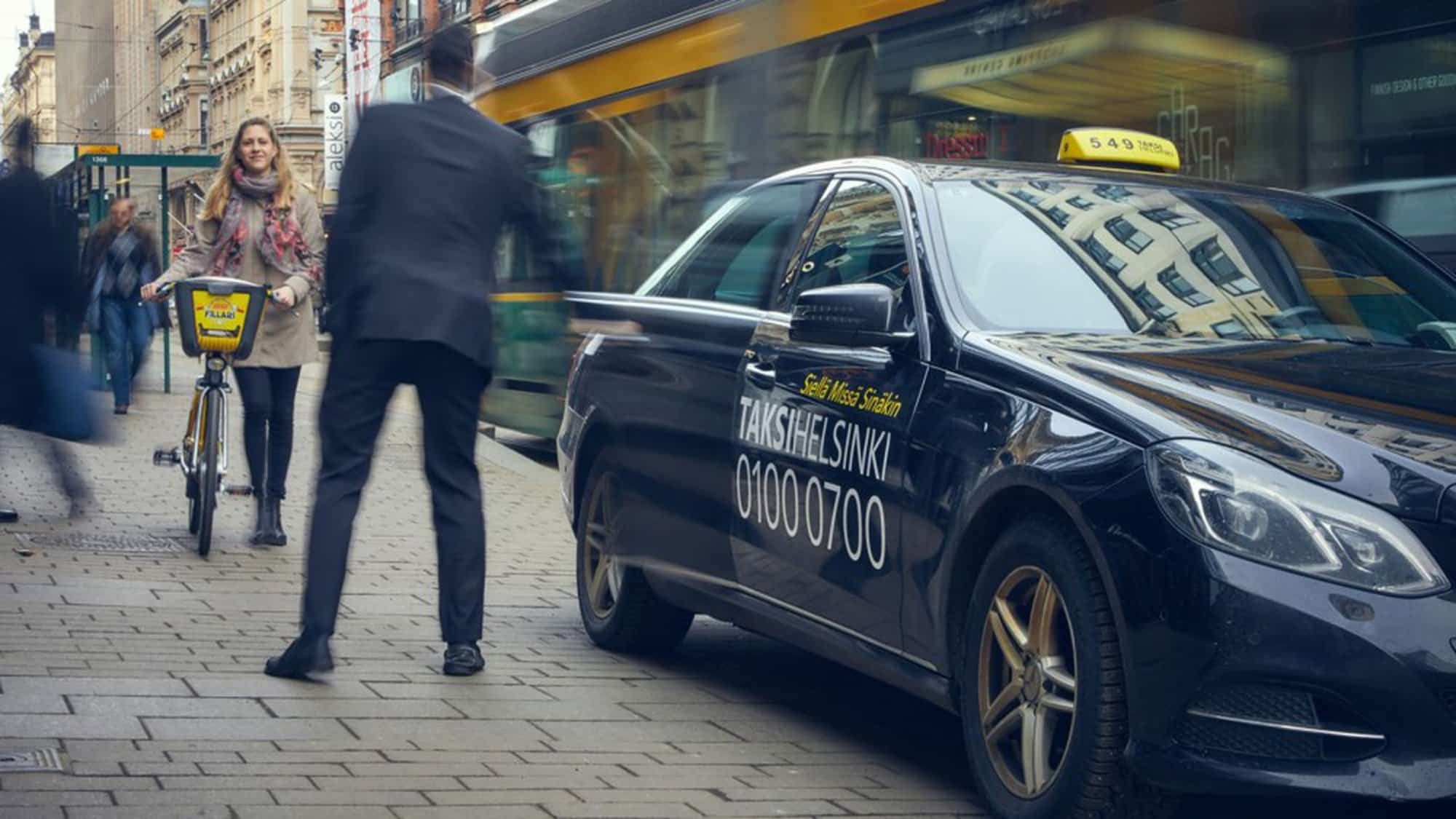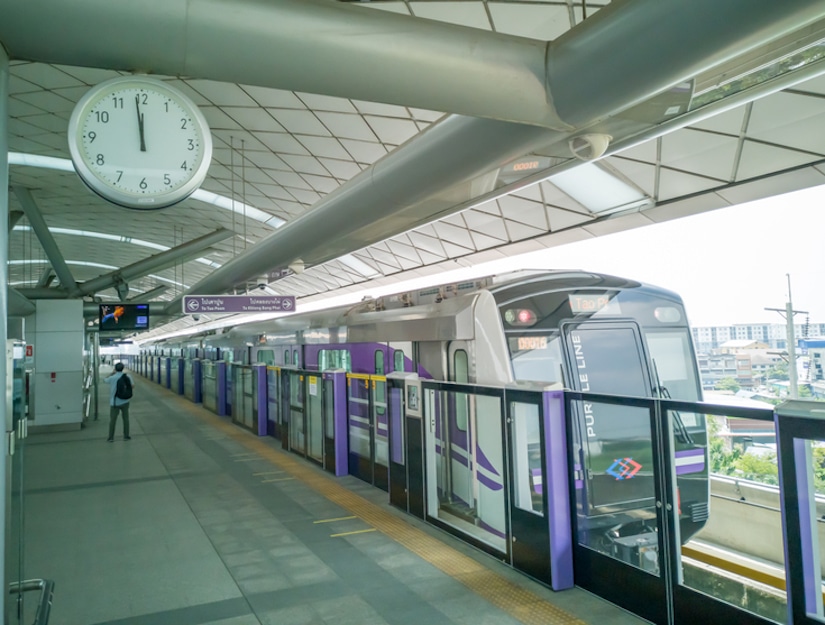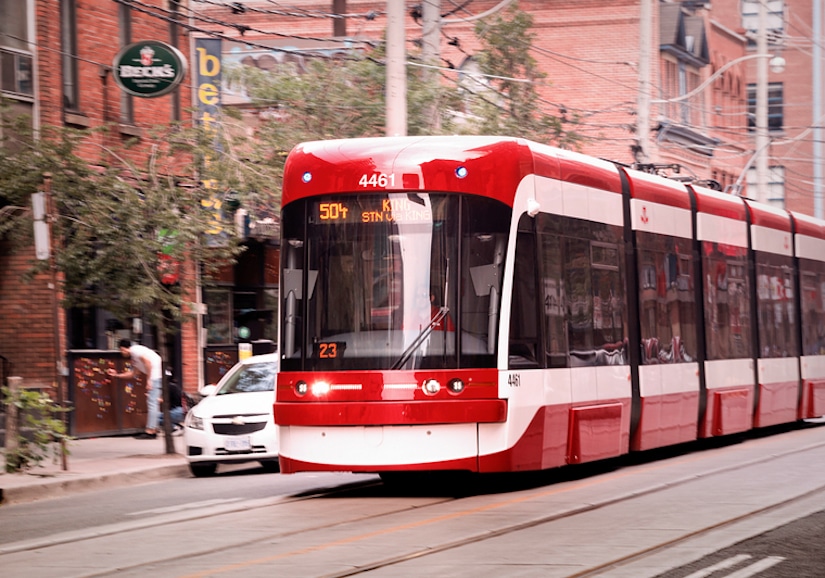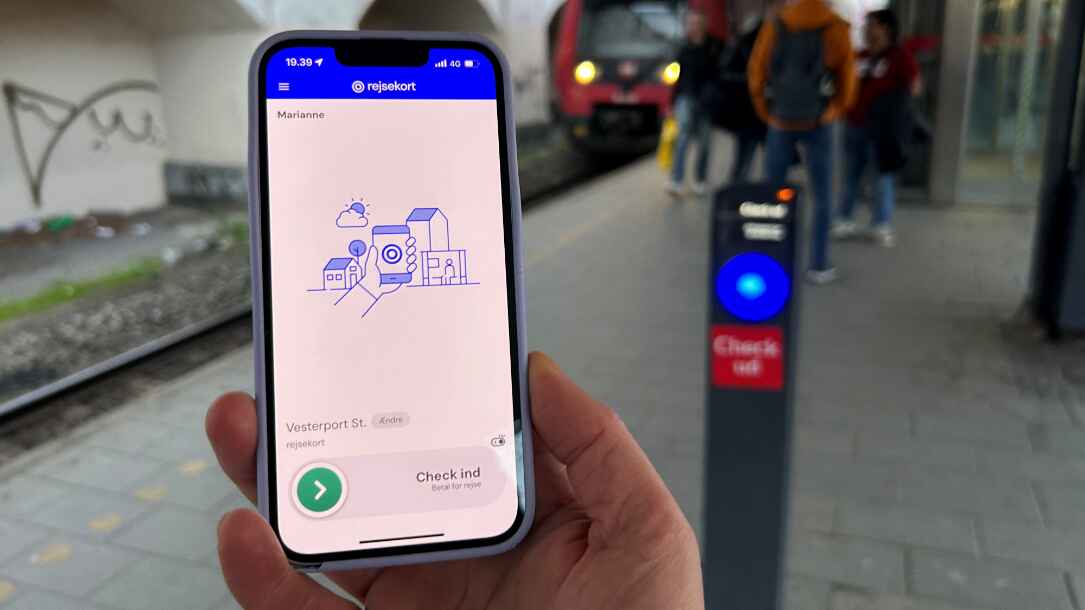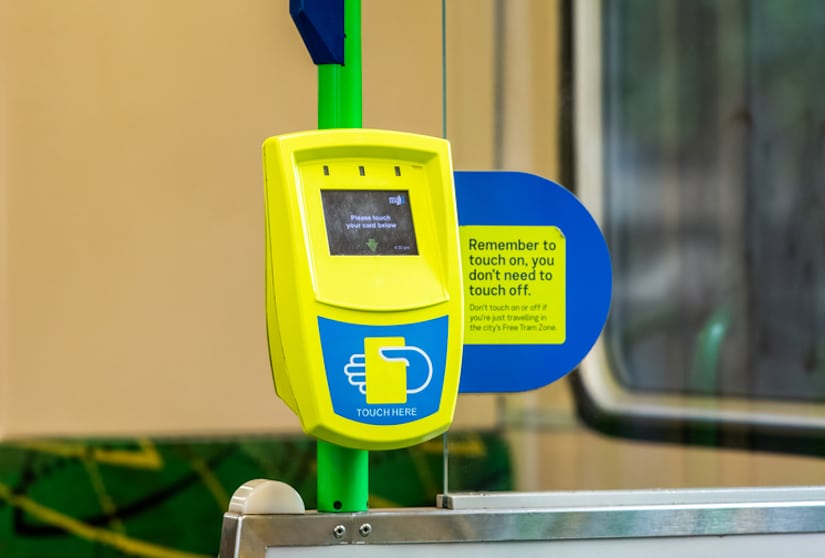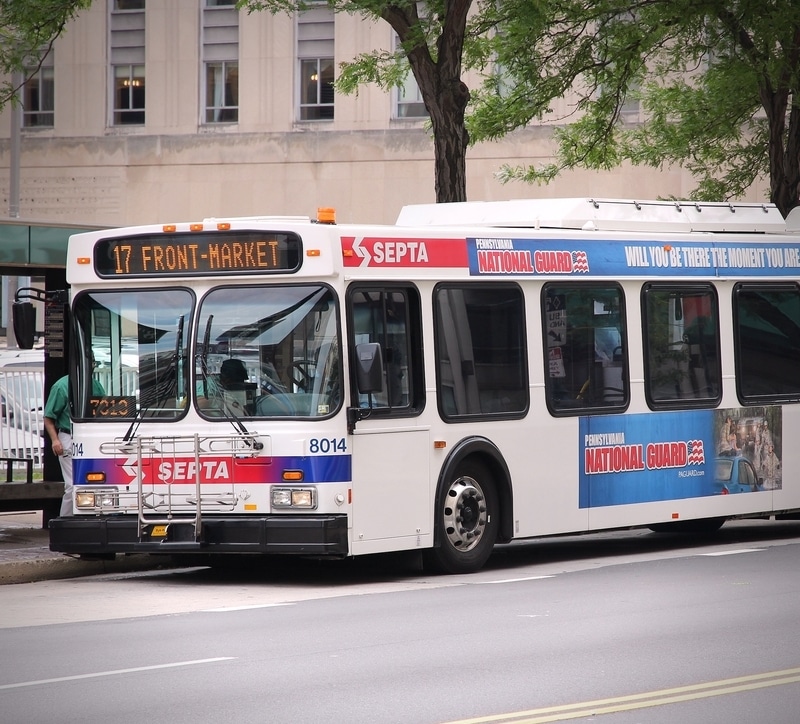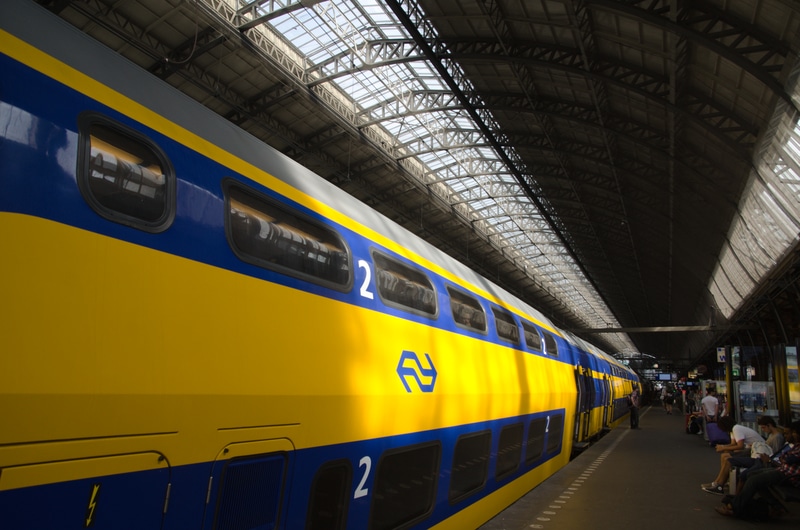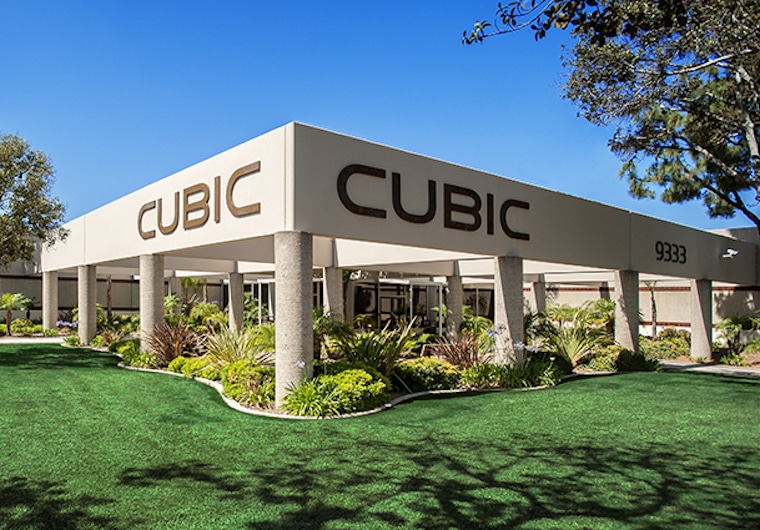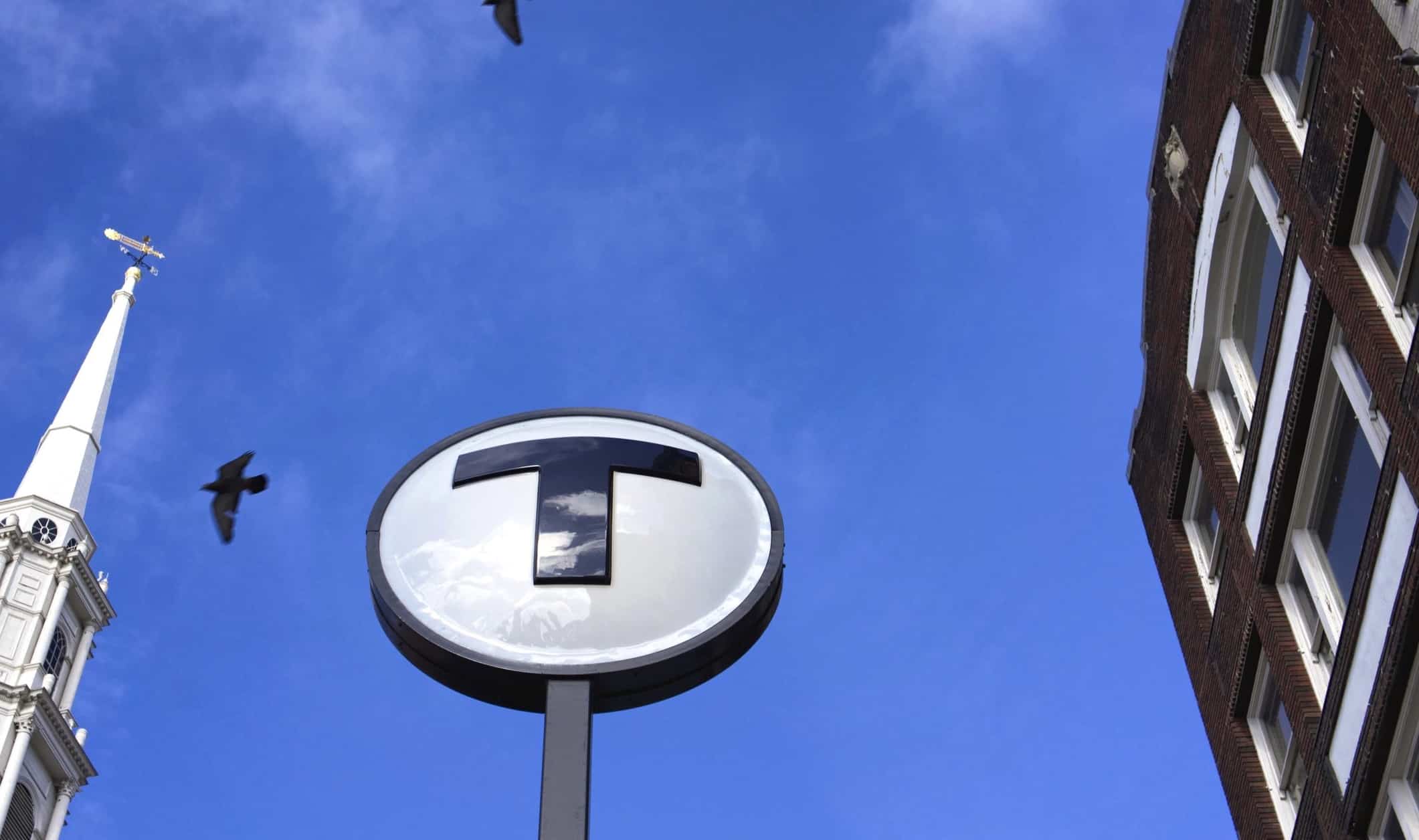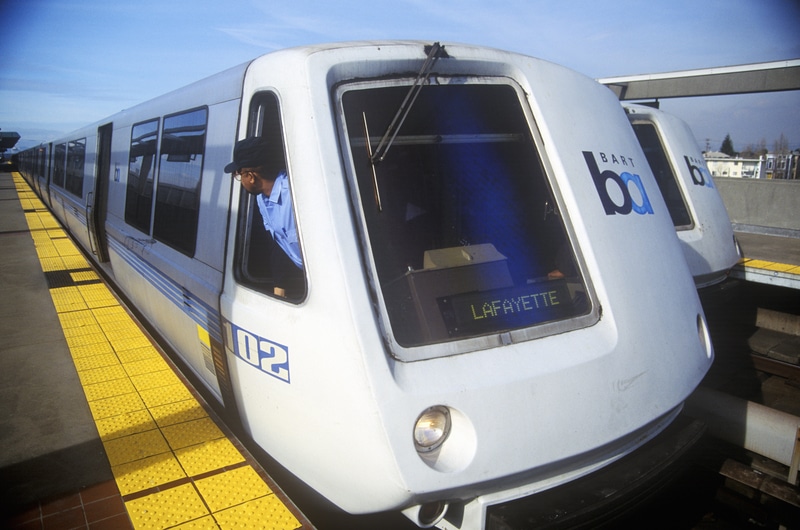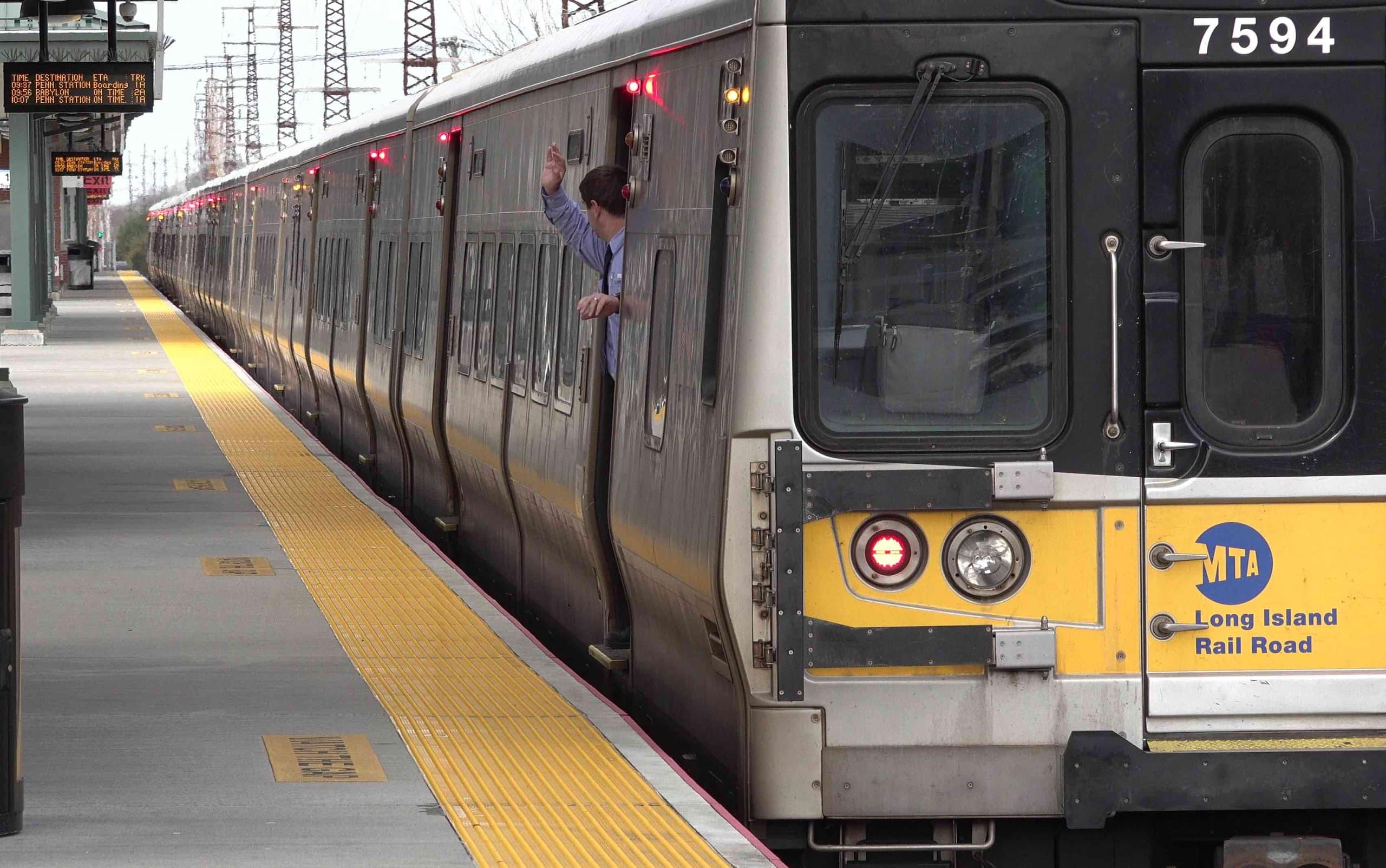
Article Highlights
High profile start-up MaaS Global receives €11 million in much-needed funding as it seeks to avoid the fate of other MaaS start-ups, which have closed down recently. MaaS Global plans to use the new funding to expand into selected markets and fund continuing operations.
As of June, MaaS Global had reportedly gone through €50 million (US$58.8 million) of the total €60 million it had raised as of that time.
• MaaS Global
• Ferrovial
The CEO of MaaS Global, developer of the pioneering mobility-as-a-service app Whim, said the company’s latest capital infusion of €11 million (US$12.9 million), will help the start-up expand into a “selected markets” and provide capital for continuing operations.







